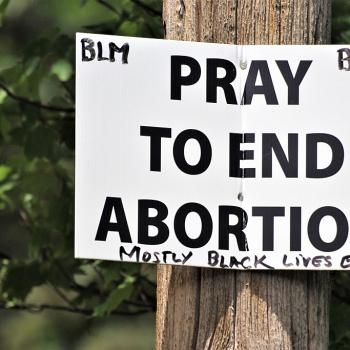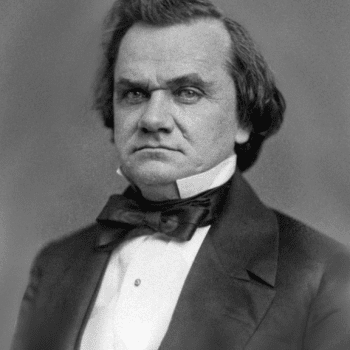The federal government on Monday told a U.S. District judge that it will reverse course and take steps to comply with his order to allow all ages to buy emergency contraception without prescriptions.
The Food and Drug Administration has told the makers of morning-after pills to submit new drug applications with proposed labeling that would permit it to be sold “without a prescription and without age or point-of-sale prescriptions.” The FDA says that once it receives the application from the maker of Plan B One-Step it “intends to approve it promptly.”
The morning-after pill contains a higher dose of the female hormone progestin than is in regular birth control pills. Taking it within 72 hours of rape, condom failure or just forgetting regular contraception can cut the chances of pregnancy by up to 89%, but it works best within the first 24 hours. If a girl or woman already is pregnant, the pill, which prevents ovulation or fertilization of an egg, has no effect.
STORY: Morning-after pill access for all gets federal backing
USA TODAY asked an advocate and a critic to weigh in on the availability of the morning-after pill without age restriction: Pediatrician Cora Collette Breuner is a spokeswoman for the American Academy of Pediatrics and the co-author of the academy’s recent policy statement supporting emergency contraception. She is a professor of adolescent medicine at Seattle Children’s Hospital and the University of Washington.
Anna Higgins is director of the Center for Human Dignity at the Family Research Council, a Christian non-profit public policy group. She has a law degree and a background in pro-life issues and policy.
Q: Will the morning-after pill encourage sexual activity in young people?
Breuner: I don’t think it will increase sexual activity in women under 17. I think it will reduce unintended pregnancy. Statistics show that nearly one in five female teens were not using any contraceptive method at last intercourse.
Higgins: The increased availability of plan B to teens will increase sexual activity among that age group. A study out of the United Kingdom showed that as the access to Plan B among teens increased, it was associated with a higher rate of diagnosis of STDs (sexually transmitted diseases) among that age group.
Q: What are the drawbacks to the pill?
Breuner: It costs between $40 and $60 for one pill. The costs need to come down. It needs to be available at a cost that is not prohibitive to less than 17-year-old sexually active women. I would encourage state Medicaid to continue to cover this. A lot of people feel that Medicaid doesn’t cover anything when it’s over the counter, but that’s not true. It varies from state to state.
I expect it may be locked up at pharmacies because of the cost, but it will be up to the discretion of the retail outlets to decide what they do.
Higgins: There are two main issues: The first is that we are putting the safety of young girls at risk, and the second is we are trampling on the rights of parents.
The effects of taking this high-dose of hormones during puberty have not been studied, so they are unknown. People are assuming it’s safe, but we just don’t know that. What we are doing here is encouraging young girls to avoid necessary medical screenings which could detect and treat STDs. These screenings are the first line of defense for girls who have been sexually abused. Increased access to this pill is also increased access to people who prey on young girls so it’s easier to cover up things like statutory rape.
We need to encourage parent-teen communication on the medical and moral issues of sexual behavior.
Q: Does the pill cause abortion?
Breuner: It absolutely does not cause abortion. Scientists have shown repeatedly that it does not cause abortion. In fact, with emergency contraception over-the-counter there hopefully will be fewer abortions because kids won’t get pregnant and have an abortion. About 10% of female teens who have sex are forced to have it, and this provides the chance for them to have contraception in that unfortunate circumstance.
Higgins: That’s inconclusive. The Plan B One-Step label says that it “is believed to act as an emergency contraception principally by preventing ovulation or fertilization. In addition, it may inhibit implantation. It is not effective once the process of implantation has begun.” What that says to us is it could possibly act as an abortive drug, but there are insufficient studies to establish it is an abortive drug.
Q: What kind of sexual morality issues does it raise?
Breuner: This news gives parents and health-care providers another opportunity to have a conversation about sexuality with kids. Parents have to talk to their kids about this. We have too many kids who are having unsafe sex, and they are getting pregnant or they are getting STDs. They are not having conversations with their parents and their health-care providers.
The morning-after pill is available for those who don’t have health care or can’t talk to their parents about this.
Higgins: Because of increased access to this drug without parental guidance, there is going to be less communication between teens and doctors, and teens and their parents, about the consequences of sexual behavior.
















